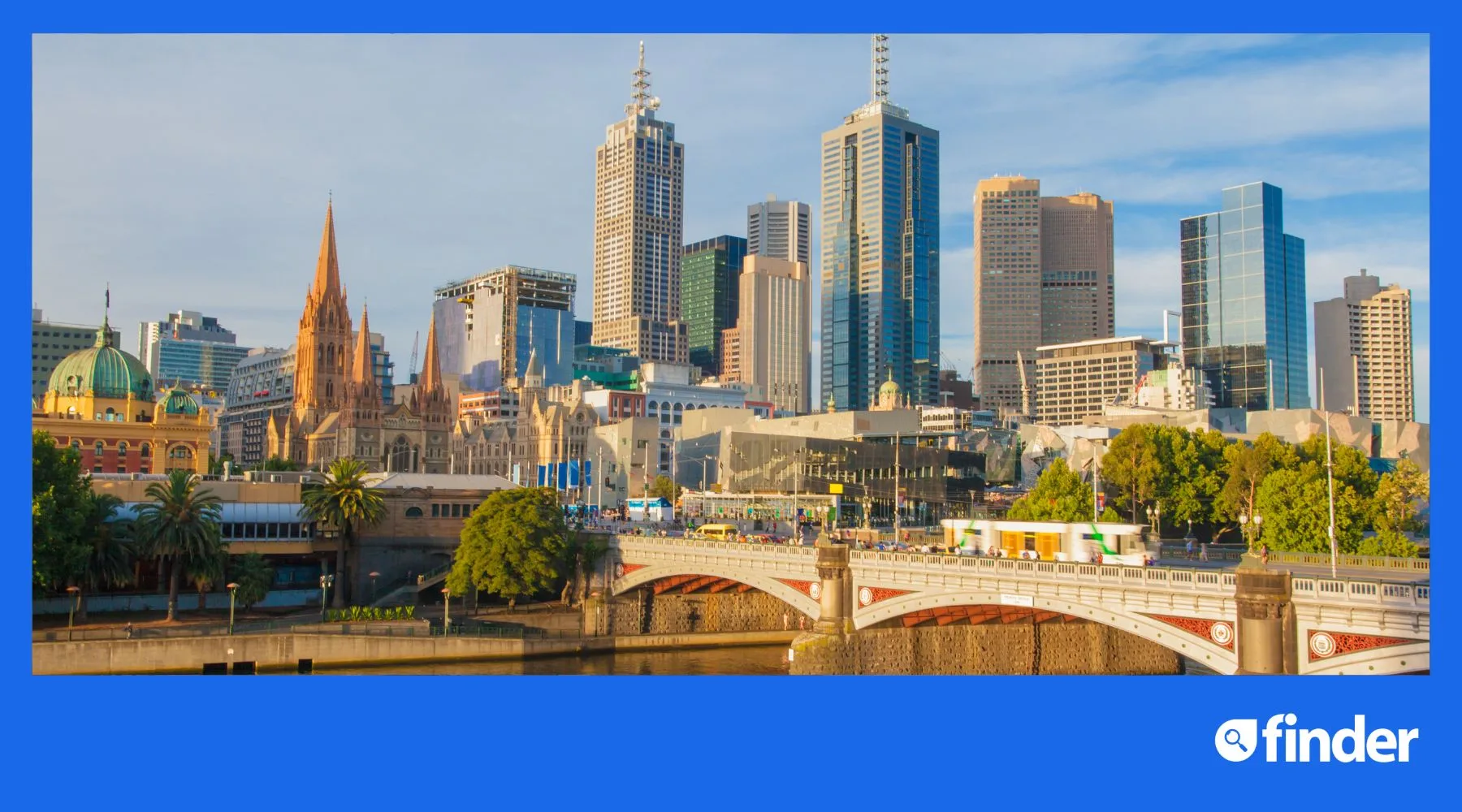860,000 landlords to pay “Covid tax”: will this put extra pressure on renters?

The Victorian government has announced a Covid debt repayment plans, but could it have a negative effect on rental prices?
You might remember that a few years ago Australia (and the rest of the world) went through a global pandemic. In Australia, we closed our borders and went into lockdown.
Nowhere was more affected by those lockdowns than Victoria. The state went through six of them, spending a total of 262 days in lockdown and taking the crown for the most locked-down city in the world.
After almost 2 years of the COVID-19 pandemic, governments have been left with a lot of debt.
According to the Victorian state budget which was released this week, Victoria spent $40.1billion "keep[ing] Victorians safe".
It's now trying to recoup some of those costs with a Covid debt repayment plan. Unfortunately, this plan relies on getting Victorians to fork out extra tax.
Victorian treasurer Tim Pallas announced a COVID debt repayment plan in Tuesday's budget.
What are the changes?
Victorian treasurer Tim Pallas announced a 3-part Covid debt levy which will last until 2033. There'll be reductions in public service roles and increased payroll tax for large businesses with national payrolls above $10m a year.
But the big one for property owners and renters is that the tax-free threshold for land tax for investment properties will decrease.
In the past, properties below $300,000 were exempt. This is now dropping down to $50,000. That's estimated to be about 860,000 investment properties across Victoria now paying extra tax.
| Land value | Additional tax rate |
|---|---|
| $50,000 to $100,000 | $500 |
| $100,000 to $300,000 | $975 |
| $300,000+ | $975 + 0.1% |
With the changes that's an additional $41.66 per month ($9.61 a week) for the lower band and $81 per month ($18.75 a week) for the middle band.
Concern for renters
While Pallas said that the tax changes were only affecting those who benefited during Covid, there are concerns that landlords will simply pass on the extra costs to renters.
According to research from realestate.com.au, rents in Melbourne were already almost 10% higher in March than the year before. In regional Victoria rents were almost 8% higher.
Although there are calls on the government to introduce a law to cap rental increases, there are currently no such movements.
If you're concerned about your landlord increasing your rent there are a few things you can do:
- Speak to your landlord. You might be able to lock in your current rent for a fixed period of time.
- Research rents for similar properties. Take a look at how much other properties in the same area and of a similar size are being rented out for. Going into a conversation with your landlord with evidence of rents in the area will help your negotiations.
- Don't forget that you can negotiate! Even if your landlord comes to you with a rental increase, you can negotiate. If you've been in the property for some time and have never had any issues, you can usually negotiate a rent increase down.
Sources
Ask a question
